Attention Deficit Hyperactivity Disorder (ADHD) in kids – Identify it earlier
Forget silly things while at home or school; for instance book or umbrella, not able to recollect where the pen was lost, incomplete notes, lazy to do homework, postponing studies to next day …. Such mistakes are common in kids; most of us have the same opinion. But only a few realize that they are symptoms of Attention Deficit Hyperactivity Disorder, or simply ADHD in kids which may lead to learning defects in kids later.

Concentration can be defined as a special talent to control all senses and concentrate on to a particular task for a long time. At least 5% of kids suffer with the condition attention deficit hyperactivity disorder, where they fail to concentrate on something, and this defect well reflects in studies more than anything. As per studies ADHD is 3.5 times more in boys than girls. If it is detected in the early stage, through proper training great changes can be brought in the life and future of such kids.
Let us identify the symptoms of ADHD
In most cases symptoms are seen before the kid reaches 7, and in some cases lately till 12 years. Three of the symptoms are most significant.
Lack of concentration – Such kids can’t concentrate in classrooms. They may find it difficult to do tasks which need constant concentration. They may not continuously take the notes given by teacher or written on black board. Forget to do assigned tasks and incapability to remember things which need continuity are other symptoms.
Hyper active – Such kids are mischievous comparing same children of same age group. They are not able to sit quite at a place for a long time and always in motion mode. They may walk or run inside class even while class is going on or do some mischief. They make noise in classroom, sing songs, climb on benches, crawl beneath desk or table, jump from the top of wall or tree and may have ‘I don’t care’ attitude even if their adventures can cause injuries.
Lack of patience – They don’t think about consequences, and suddenly jump into tasks and conclusions which may not give positive outcomes. They may express their emotions as anger, impatience and pick up quarrel with friends easily. They can even harm others causing injuries. They may throw objects if anything opposite their desire or expectations happen. Even for silly things they may turn violent.
In kids, as they lack concentration they easily make mistakes. Even if they are good in studies, this careless attitude may result in low exam marks.
Reasons for ADHD are many
Genetic reasons – Some kids may get is as hereditary. It’s due to some defects in brain function. Dopamine is present in prefrontal cortex of the brain, which controls brain functions like taking decisions, staying motivated, giving attention to something etc. Dopamine should be present in required level in brain; then only we can pay attention to something or simply concentrate. It also helps to neglect brain attention from unnecessary things and thoughts. Kids with ADHD have low levels of dopamine, which directly affects their concentration.
Psychological reasons – How we bring up kids also play an important role. Bad experiences and behavioural problems can also lead to ADHD. Family problems, quarrels of family members or usage of drugs, strict upbringing with big punishment, not showering love to kids and completely neglecting them can lead to behavioural problems in kids and lack of concentration in future.
Social reasons – Sexual and physical abuse, avoidance and humiliation from the society or among friends and relatives etc can give a lot of mental stress to kids at a young age. Such kids can also develop ADHD in future.
Left hemisphere of brain controls academic talents of kids. Memory power, logical talent, arithmetic talent, language handling skills etc are controlled by left hemisphere. Love, virtue, sense to enjoy beauty, artistic talents, humanity etc are controlled by right hemisphere. Positive emotions such as happiness, freshness, interest to experiment etc are also controlled by right hemisphere while negative emotions like sadness, anxiety and anger are controlled by left hemisphere. Functions of both these hemispheres are co-ordinated well to do our daily activities as well as how we behave in the society. Kids with ADHD cannot co-ordinate both these functions perfectly, and hyper active and outburst nature could be the end results.
Other reasons
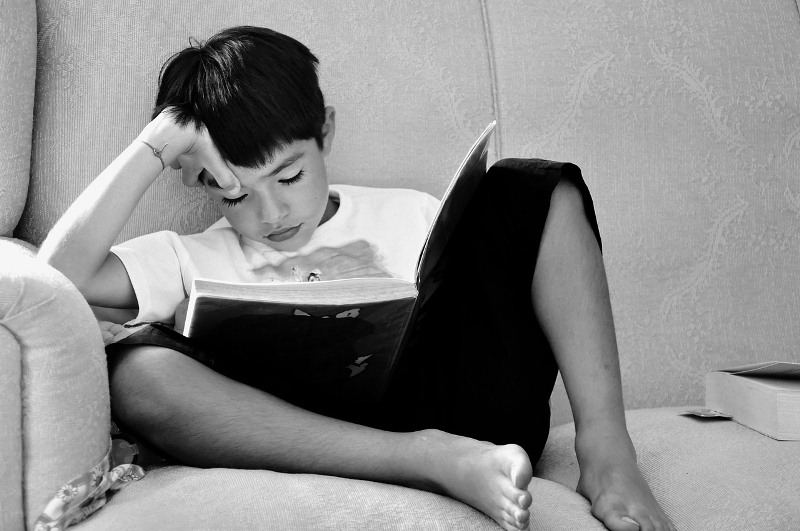
Hypothyroidism, the condition where quantity of thyroxin produced by thyroid gland is low can result in lack of concentration in teens. It can also affect memory power in kids.
Excess use of computer and mobile phones can directly affect the concentration of kids, and the results get easily reflected in their behaviour, daily activities and studies. When kids use such visual media for long time, the co-ordination of the brain hemispheres is not done properly and anger and outburst are end results. Never give computer, tabs or mobiles to kids with age below three. For 3-8 age group kids, maximum 30 minutes can be given. For the age group 8-22, when the brain completes its development process, maximum 1 hour is healthy viewing time.
Kids should get good sleep at night. Whatever they study at daytime are processed in brain during sleeping hours, where data is categorized and stored. If this process is not done properly during the growing ages of kids, they can face memory related problems in future. Excess use of mobile phones can directly affect kids’ sleep.
Depression can also lead to concentration issues. Sadness, lack of interest, tiredness, loss of sleep etc are common symptoms of depression in adults, while it’s expressed in kids as loss of concentration, anger, outburst etc. If a silent kid behaves this way so suddenly, it could be due to depression. Through diagnosis it can be known.
Disease is of three types
Disease can be categorized broadly into three, based on symptoms. Those kids with lack of concentration, hyper activity and over reactive can be grouped under ‘combined ADHD’. But those kids without hyper activity and over reactive nature can also fall in ADHD, and this group is called ‘Inattentive ADHD’. If lack of concentration is the only symptom, it may be misinterpreted as defect in learning or lack of interest or laziness in studies.
Third group is Hyperactive – Impulsive ADHD, where hyperactive and over reactive nature is very high. As concentration is not affected in this case, such kids may score high in exams, but show behavioural issues causing head ache to teachers.
Solutions for ADHD
With the help of a psychologist we can detect if the kid has this Hyperactivity Disorder. A kid should show symptoms for at least 6 continuous months at home and school to confirm it.
Treatment is prescribed by doctor according to the intensity of the condition. For severe conditions, medicines will be prescribed, and safe medicines that can be given to kids are now available. Treatment time normally takes 18 months. In 80% cases the condition will be completely resolved and medicines can be stopped. In 20% cases, it may take a little more time.
Certain exercises to improve concentration and memory power are also given. Certain practices are given to parents as well, which give lessons how to approach suck kids.
Timepiece technique to improve memory and concentration
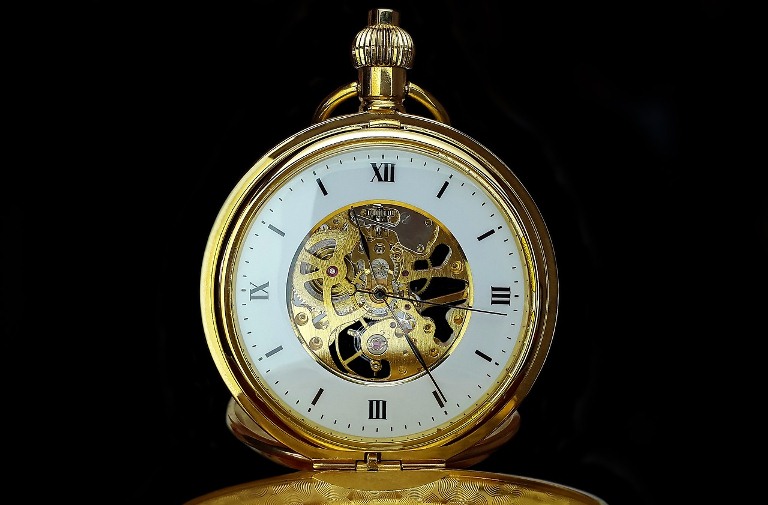
To improve concentration, kids can practise timepiece technique. Sit somewhere and concentrate on the second hand of timepiece for 5 minutes. Continue the process for 1 week. In the second week, along with the movement of second hand, note the digits – 3, 6, 9 and 12 also. Do it in alternate pattern. In the third week, place timepiece above TV where some discussion or news reading is going on. Completely neglect the sound and visuals of TV and focus on the movement of second hand alongside the digits – 3, 6, 9 and 12.
In the fourth week, instead of news, place the timepiece near a loudspeaker or high noise object and continue the same process. 5 minute is sufficient. In the 5th week, switch on Tv to some sound music or dance steps. 1/3rd of time is to be given to second hand of timepiece and 1/3rd time for its digits, while the rest 1/3rd time to hum some bit song. Repeat the process for next 1 week without fail.
Keep note of these important points
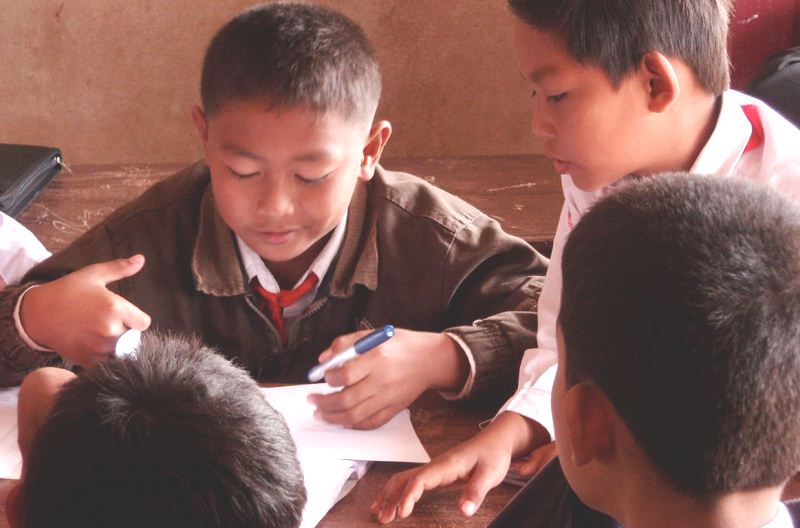
1. Arrange a proper place for kids’ studies at home. Avoid television, music and loud conversation in the space where kids are learning. Take away all objects which can affect their concentration.
2. Ask kids to keep their room tidy and arrange toys and books in order. It’s the stepping stone to discipline. Make a timetable for daily activities, which include play time, TV viewing, homework time etc.
3. Mental pressure of mother, anxiety, drugs or medicine during pregnancy can result in ADHD in those kids later. So it’s not right to put whole blame on the kid.
4. Avoid quarrels and violence in front of kids. Avoid taking liquors too.
5. Encourage them for their good activities and compliment them. You can give small gifts too. It improves self-confidence of kids. Avoid fulfilling each and every silly desire of kids. Allow them to do a few of those tasks their own.
6. Never punish kids for silly mistakes. Instead tell him what his mistake is and why you scold him. Never punish or scold kids in front of guests, relatives or his friends.
7. Give a balanced diet to kids. Avoid junk food and energy drinks, and give him milk, eggs, grains, leafy vegetables, fruits, meat etc.
8. Ask them to do mild exercises such as brisk walk, cycling and also sports like football and badminton. It improves oxygen level of body which makes him energetic.
9. Kids with lack of concentration can be given front seats in classrooms. Teacher can attend him better. Also ask his friends to encourage him to take notes and help him if needed.
Image source: Pixabay


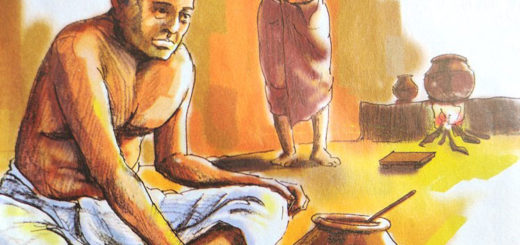
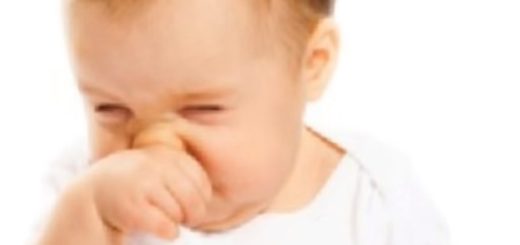


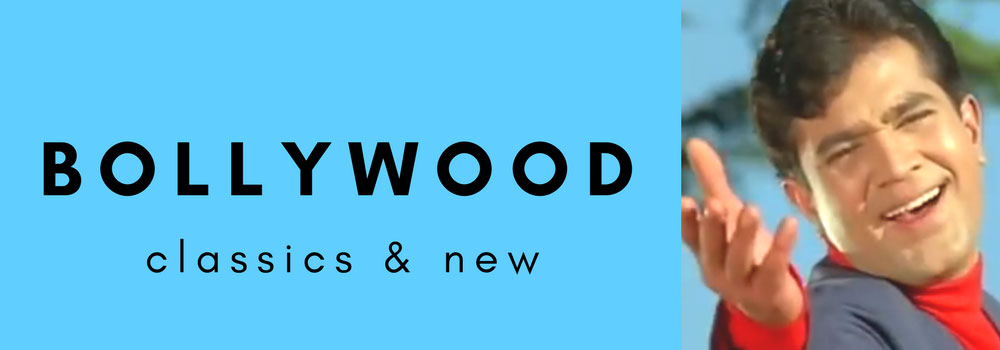


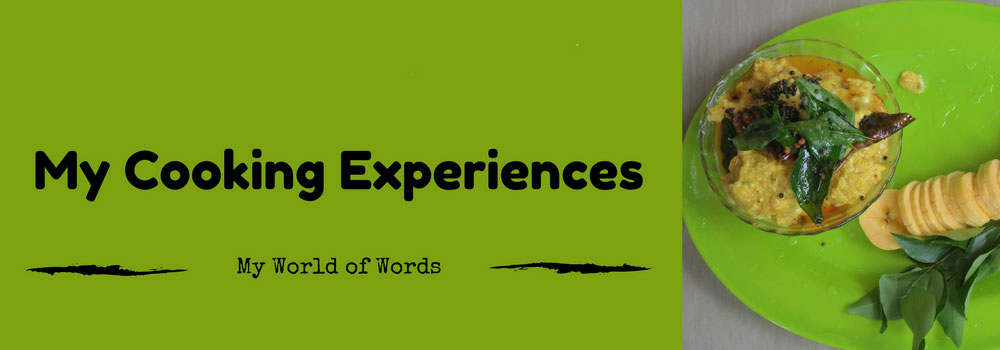


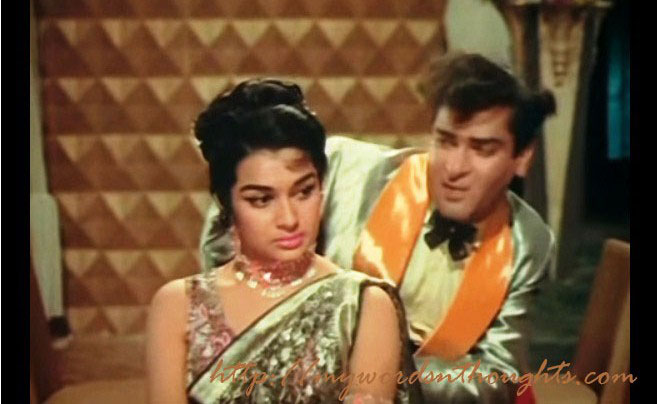

Recent Comments